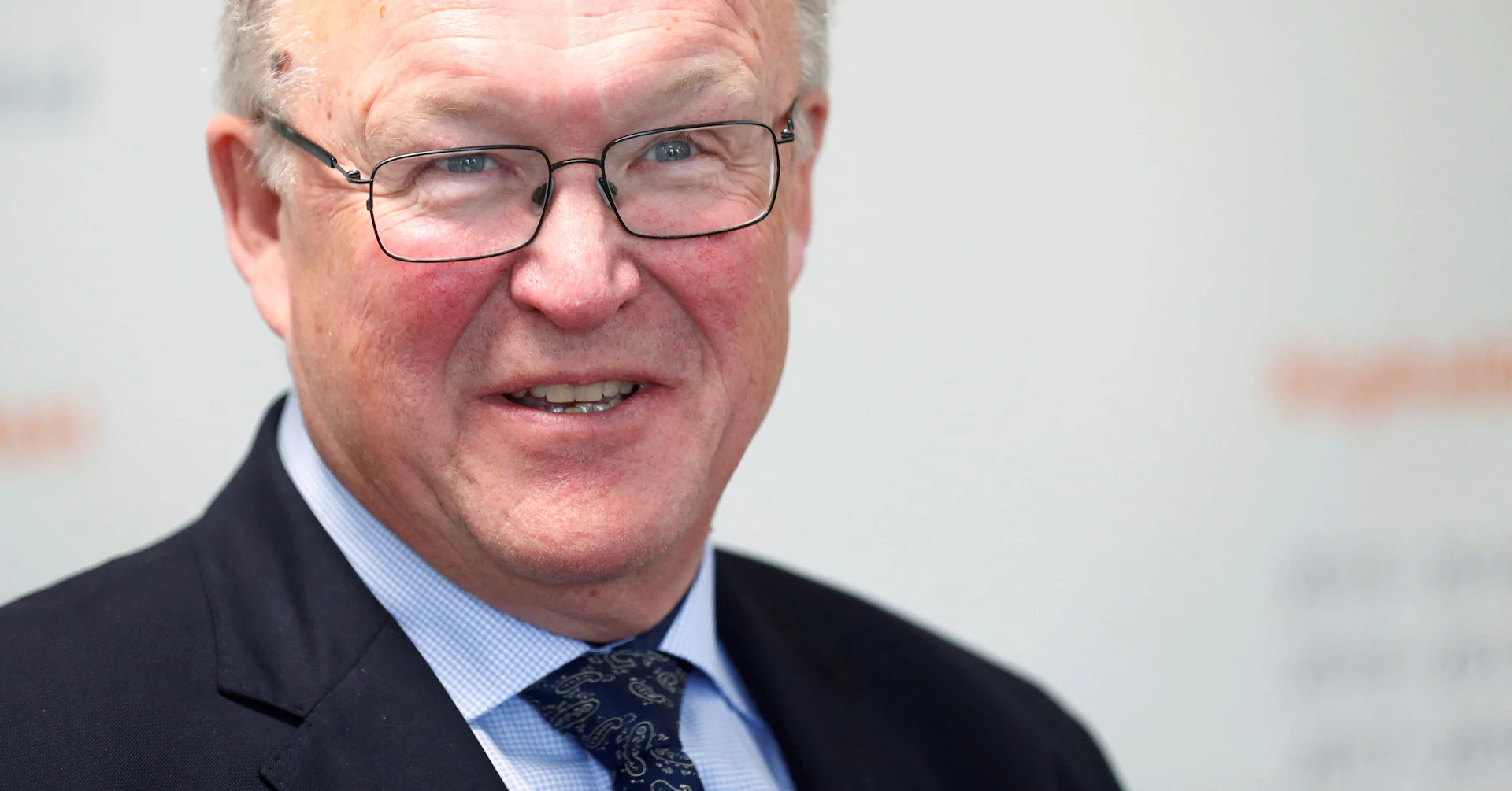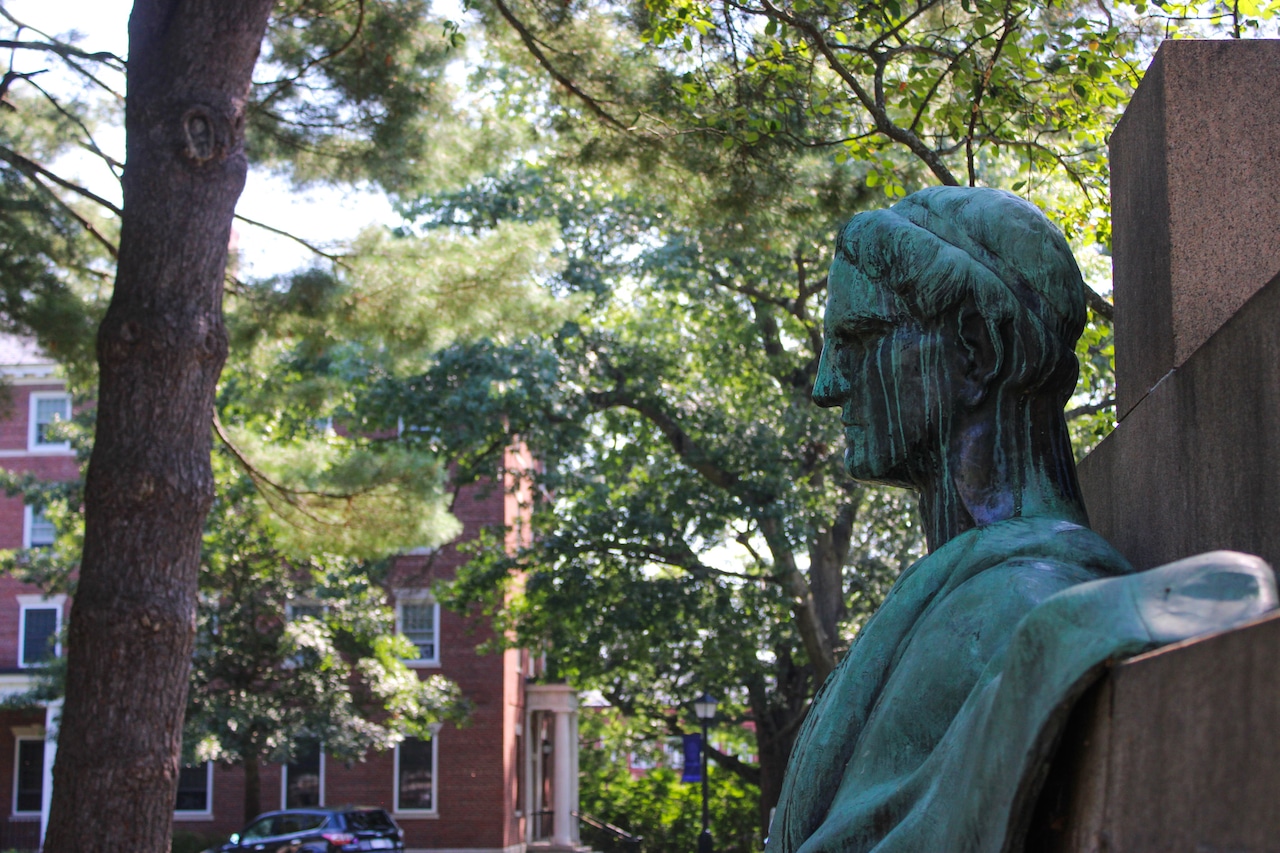Copyright ghananewss

Tensions are rising at the Armed Forces Senior High Technical School in Kumasi after teachers accused the school’s headmaster, Colonel Godwin Agbekey, of orchestrating a campaign of intimidation and using military personnel to harass staff members. The latest incident came with the alleged assault of a female teacher, Madam Rita, by two armed military police officers on campus. The incident reportedly occurred when the officers, accompanied by staff allegedly loyal to the ousted headmaster, stormed the campus to compel the teacher to issue a statement in support of his reinstatement. According to teachers, the officers were acting on the orders of Col. Agbekey, who they claim is seeking reinstatement despite being under investigation for corruption and misconduct. The teachers described the attack as brazen, dehumanising, and criminal in a joint statement signed by members of the major teacher unions including NAGRAT, GNAT, CCT, and TEWU. The statement alleged that Col. Agbekey, though removed from office, continues to wield the Military Police as instruments of harassment against teachers who challenge his authority. That claim, if accurate, represents serious abuse of military resources for personal disputes rather than legitimate security functions. The allegations paint a picture of someone using institutional power to settle scores and intimidate critics rather than accepting administrative decisions about his status. Teachers say accommodation on campus has been weaponised, with threats of eviction being used to silence dissenting voices. Resident teachers suffer severe intimidation and threats of eviction, often within 48 hours to seven days, according to the statement. These acts have created fear, insecurity, and mistrust, eroding professionalism within the school. The staff declared Col. Agbekey persona non grata on campus, describing his continued presence as a direct threat to peace and safety. They issued a 48 hour ultimatum demanding that the Chief of Defence Staff publicly dissociate the Ghana Armed Forces from the assault, investigate the officers involved, and transfer the head of the Military Police in Kumasi within two weeks. The statement also called on the Ghana Education Service to enforce Col. Agbekey’s removal and on the Ministries of Education and Defence to set up a joint inquiry. The teachers warned that if the authorities fail to act within the stipulated timelines, they will advise themselves on lawful actions to protect their safety and dignity. The confrontation at Armed Forces Senior High Technical School highlights murky boundaries between military authority and civilian educational administration at institutions that straddle both worlds. The school, established in 1991 within the old Uaddara Barracks near Komfo Anokye Teaching Hospital, operates under Ghana Education Service regulations while maintaining military connections through its name, location, and leadership structure. That dual identity creates potential for confusion about jurisdiction and accountability. Should disputes involving a military officer serving as headmaster be handled through Ghana Armed Forces chains of command, civilian education authorities, or some combination? When military police become involved in what appears to be an internal school administration matter, whose authority prevails and what oversight mechanisms apply? The allegations that Col. Agbekey faces investigation for corruption and misconduct weren’t detailed in available information, making it difficult to assess their substance or where those investigations stand. If he’s been formally removed from the headmaster position, his continued presence on campus and apparent ability to mobilize military police suggests either the removal wasn’t complete or enforcement mechanisms are weak. Teachers’ willingness to publicly declare their headmaster persona non grata represents extraordinary escalation rarely seen in Ghana’s education sector, where hierarchical respect typically discourages such direct confrontation with administrators. That they felt compelled to take this step, backed by four major unions, suggests either genuine fear for their safety or frustration that normal grievance channels haven’t produced results. The demand for a 48 hour response from the Chief of Defence Staff and Ghana Education Service creates pressure but also risks backlash if authorities perceive it as ultimatum issuing rather than legitimate concern. Government institutions don’t typically respond well to public deadlines, particularly when military chains of command are involved and moving cautiously to assess situations before acting. The teachers’ statement concluded by reaffirming commitment to professionalism, peace, and quality education while insisting they won’t compromise safety, dignity, or integrity. That framing positions them as reasonable actors forced into confrontation rather than agitators seeking conflict, important for maintaining public sympathy and institutional support. For students at Armed Forces Senior High Technical School, the leadership crisis creates instability during a crucial academic year. The school serves both day and boarding students, with about 60 percent residential and 40 percent commuting. Disruptions to administration and staff morale inevitably affect teaching quality and student welfare, making swift resolution important beyond just the parties directly involved. The school’s military affiliation means students likely include children of armed forces personnel alongside civilians who gained admission through normal Ghana Education Service placement processes. Those military families may view the situation differently than civilian parents, potentially creating divisions within the parent community that complicate efforts to find solutions everyone can accept. Neither the Ghana Armed Forces nor Ghana Education Service had publicly responded to the teachers’ statement as of Thursday evening. Military authorities typically investigate allegations internally before commenting publicly, while education officials might wait for military responses before weighing in given the headmaster’s officer status. That institutional caution, while understandable, leaves teachers feeling exposed and uncertain whether their concerns will be taken seriously. The case raises broader questions about governance structures at Ghana’s military affiliated schools. Should serving officers hold headmaster positions at institutions serving civilian students? What accountability mechanisms exist when military personnel in educational roles face misconduct allegations? How can teachers and students raise legitimate concerns without fearing retaliation through military channels? Armed Forces Senior High Technical School has earned respect for academic performance and discipline since its establishment, producing graduates who contribute across various fields. The current crisis threatens that reputation and could discourage parents from enrolling their children if safety concerns persist. Resolving the leadership dispute quickly and transparently matters not just for current stakeholders but for the institution’s long term viability. The teachers’ threat of lawful resistance if harassment continues suggests they’re prepared to escalate through strikes, legal action, or other means if authorities don’t intervene. Ghana’s teacher unions have demonstrated willingness to take collective action when members feel threatened, though strikes at individual schools are less common than national actions over conditions or pay. Whether this situation could trigger broader union involvement depends on how other education stakeholders perceive it.



